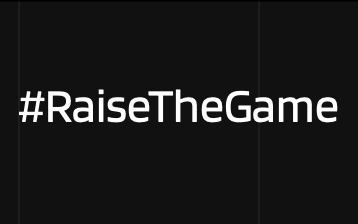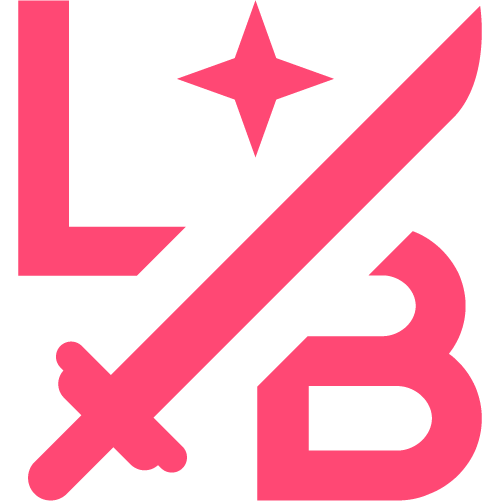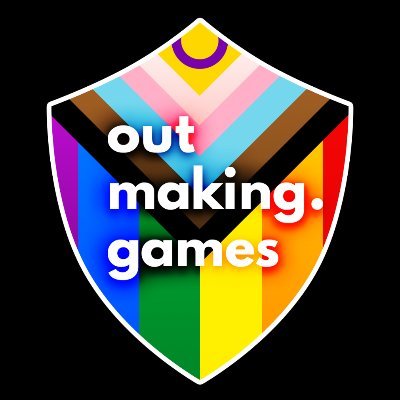Specific considerations






Key organisations & resources
 Visit website on #RaiseTheGame
Visit website on #RaiseTheGame #RaiseTheGame
RaiseTheGame is a collaborative and high-impact pledge to improve equality, diversity and inclusion in the games industry.
 Visit website on Diversily
Visit website on Diversily Diversily
Diversily helps innovative organisations to embed diversity and inclusion into their core, to drive up performance and impact.
 Visit website on Gayming Magazine
Visit website on Gayming Magazine Gayming Magazine
Games magazine and website covering all aspects of LGBTQ+ games culture.
 Visit website on Limit Break
Visit website on Limit Break Limit Break
Limit Break is a mentorship programme aimed at underrepresented people working in the UK games industry.
 Visit website on Out Making Games
Visit website on Out Making Games Out Making Games
Out Making Games connects and empowers the LGBTQ+ community working in the games industry across the UK.
 Visit website on Putting the G into Gaming
Visit website on Putting the G into Gaming Putting the G into Gaming
Putting the G into Gaming is a campaign to build more gender diverse and inclusive workplaces in games with actionable steps.
 Visit website on Ukie
Visit website on Ukie Ukie
The trade body for the UK games and interactive entertainment industry.


